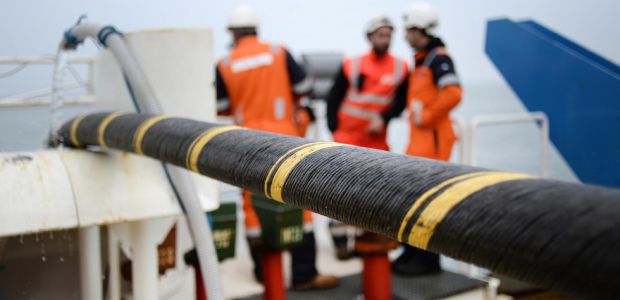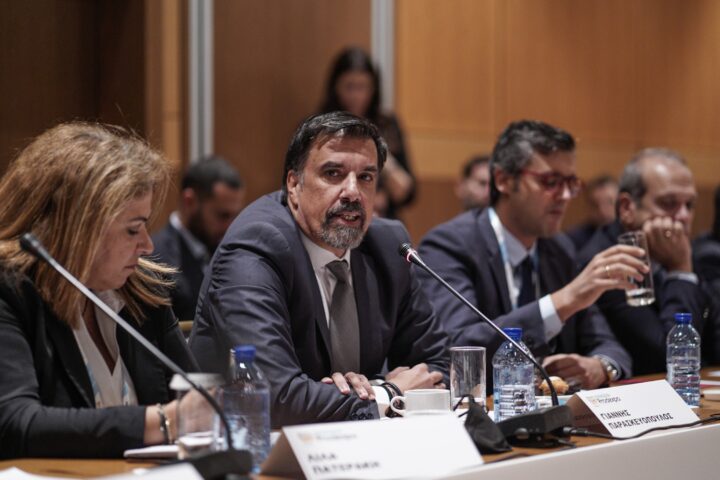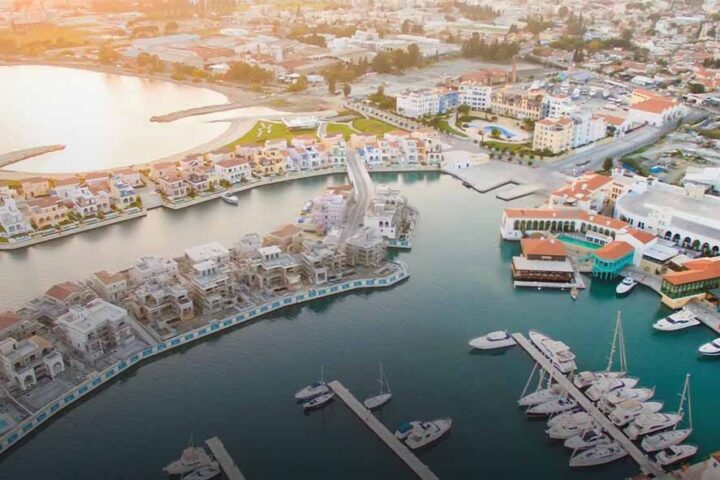After twelve years of designing and implementing the world’s longest and deepest electricity cable between Israel, Cyprus and Greece, EuroAsia Interconnector Limited has handed over the role of project promoter to the Independent Power Transmission Operator (IPTO) of Greece.
The two companies issued a joint announcement on Friday, saying they have informed the European Commission, as well as the governments and relevant authorities of Greece, Cyprus and Israel.
They said the agreement, “ensures the technical and financial adequacy of the project and lays the foundations for its timely completion,” expected by the end of 2027 or early 2028.
The EuroAsia Interconnector is a 2,000 MW multi-terminal electricity interconnection that connects the national electricity grids of Israel, Cyprus and Greece (Crete) to Europe. It is the longest, at 890 km, and the deepest, up to 3,000m, HVDC interconnector in the world.
The Greek transmission system operator will bring to the project its “many years of experience and know-how in the implementation of projects of high technical complexity such as the Attica-Crete interconnection, employing HVDC technology,” to be completed in 2024.
EuroAsia Interconnector and IPTO said they will work closely together so that the smooth and timely transition to the new project promoter of the Greece, Cyprus and Israel electricity interconnection.
The flagship Euroasia Interconnector, designated a ‘project of common interest’ in five Union lists since 2013, was conceived soon after the Mari blast in 2011 that decimated the nearby Vassiliko power station, aims to end the electricity isolation of Cyprus and establish a new “electricity highway” in the eastern Mediterranean.
Secured grants
It has already secured grants of EUR 658 mln from European Union funds (Connecting Europe Facility), a further EUR 100 mln from the Recovery and Resilience Fund and all the necessary permits for the start of the construction works, which will be transferred to IPTO as part of the agreement. In addition, it has entered into a contract with French-Norwegian Nexans for the manufacture of the cable and has designated Siemens Energy as the preferred contractor for the construction of the converter stations.
Its completion will mark the electricity interconnection of Cyprus – the last non-interconnected EU member state – with the European transmission system, ensuring the island’s strong energy shield. And Israel will enhance its security of supply, gaining the ability to increase, further and faster, the inclusion of renewable energy sources (RES) in its energy mix.
“We acknowledge the work that has been achieved in recent years to reach today’s stage of commencing construction work,” said Manos Manousakis, Chairman and CEO of IPTO.
“We will work with all our powers to ensure the best conditions, so that the Greece-Cyprus-Israel interconnection becomes a reality as soon as possible and with the most favourable terms.”
Nasos Ktorides, CEO of EuroAsia Interconnector, added: “We feel proud that after 12 years of hard work and completion of the project’s maturity stage, we are handing over to IPTO the baton of commencing the construction of a project of leading energy and geopolitical importance for Cyprus, Greece, Israel and Europe.”
The Cyprus Energy Minister caused a stir when EuroAsia approached the government to consider a state guarantee in order to secure funding, saying that the state would commission new studies to see if the project was sustainable, its geopolitical significance and a due diligence of the project promoting company.
This followed a decision by the European Investment Bank not to provide a favourable loan, claiming that financing battery storage systems was more sustainable than the EuroAsia, despite the fact that batteries are depleted in four hours, while the interconnector is a two-way system that can import or export electricity from and to Greece or Israel throughout the day.










